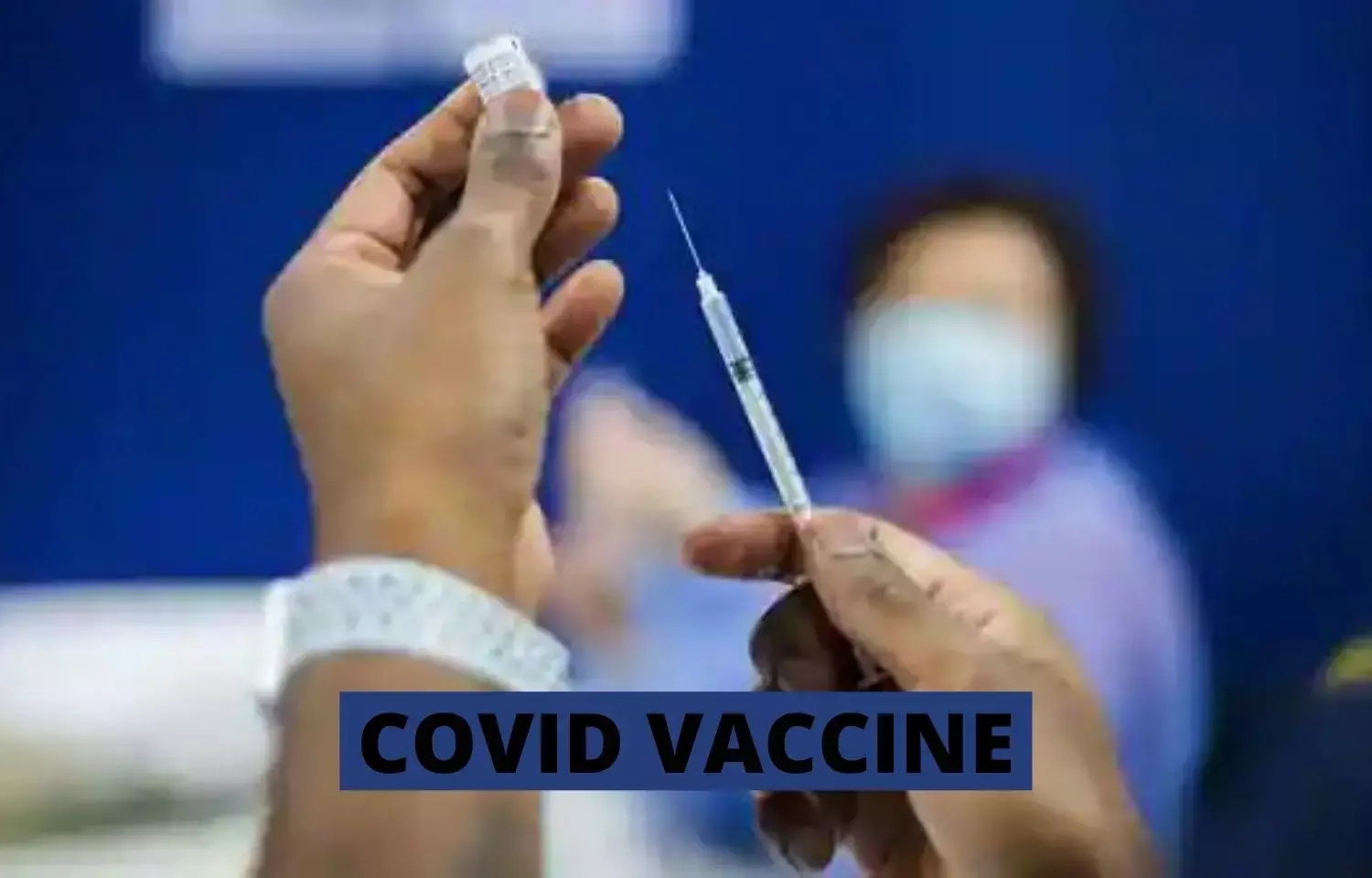- Home
- Medical news & Guidelines
- Anesthesiology
- Cardiology and CTVS
- Critical Care
- Dentistry
- Dermatology
- Diabetes and Endocrinology
- ENT
- Gastroenterology
- Medicine
- Nephrology
- Neurology
- Obstretics-Gynaecology
- Oncology
- Ophthalmology
- Orthopaedics
- Pediatrics-Neonatology
- Psychiatry
- Pulmonology
- Radiology
- Surgery
- Urology
- Laboratory Medicine
- Diet
- Nursing
- Paramedical
- Physiotherapy
- Health news
- Fact Check
- Bone Health Fact Check
- Brain Health Fact Check
- Cancer Related Fact Check
- Child Care Fact Check
- Dental and oral health fact check
- Diabetes and metabolic health fact check
- Diet and Nutrition Fact Check
- Eye and ENT Care Fact Check
- Fitness fact check
- Gut health fact check
- Heart health fact check
- Kidney health fact check
- Medical education fact check
- Men's health fact check
- Respiratory fact check
- Skin and hair care fact check
- Vaccine and Immunization fact check
- Women's health fact check
- AYUSH
- State News
- Andaman and Nicobar Islands
- Andhra Pradesh
- Arunachal Pradesh
- Assam
- Bihar
- Chandigarh
- Chattisgarh
- Dadra and Nagar Haveli
- Daman and Diu
- Delhi
- Goa
- Gujarat
- Haryana
- Himachal Pradesh
- Jammu & Kashmir
- Jharkhand
- Karnataka
- Kerala
- Ladakh
- Lakshadweep
- Madhya Pradesh
- Maharashtra
- Manipur
- Meghalaya
- Mizoram
- Nagaland
- Odisha
- Puducherry
- Punjab
- Rajasthan
- Sikkim
- Tamil Nadu
- Telangana
- Tripura
- Uttar Pradesh
- Uttrakhand
- West Bengal
- Medical Education
- Industry
COVID-19 vaccination protects adults on dialysis against infection and severe disease

Washington, DC - Multiple studies have shown that individuals with kidney failure who are undergoing dialysis mount weaker antibody responses after COVID-19 vaccination than people in the general population, but new research indicates that these individuals' immune responses are still capable of protecting against SARS-CoV-2 infection and severe COVID-19. The findings are published in JASN.
For the study, Matthew Oliver, MD, MHS (Sunnybrook Health Science Centre, University of Toronto, Ontario Health) and his colleagues analyzed health records for 13,759 individuals receiving maintenance dialysis between December 21, 2020 and June 30, 2021—17% of whom were unvaccinated and 83% of whom had received at least 1 mRNA COVID-19 vaccine dose.
The study was conducted in the entire maintenance dialysis population of Ontario, Canada's most populous province. The population was multicultural and included patients receiving both home dialysis and in-center hemodialysis.
"Patients on maintenance dialysis often have suppressed immune systems and many are unable to isolate because they must attend dialysis treatments 3 times per week in a dialysis center. Reducing hospitalizations and deaths is very important in this population because approximately two-thirds of these patients were hospitalized and 1 in 4 died when infected by SARS-CoV-2 early in the pandemic," said Dr. Oliver.
Dr. Oliver and his team found that there were 663 SARS-CoV-2 infections along with 323 hospitalizations and 94 deaths during the study period. Compared with individuals who were unvaccinated, those who had received 1 COVID-19 vaccine dose were 41% less likely to become infected with SARS-CoV-2 and 46% less likely to develop severe COVID-19 that required hospitalization or resulted in death, and those who had received 2 doses were 69% and 83% less likely to become infected or experience severe disease, respectively. The risk of hospitalization in the unvaccinated group was 52% and the mortality rate was 16%, whereas the risk of hospitalization in the 2-dose group was 30% and the mortality rate was 10%.
There were no significant differences in vaccine effectiveness among age groups, mode of dialysis, or vaccine type (Pfizer-BioNTech or Moderna).
"Governments and health care providers prioritized patients on maintenance dialysis for early COVID-19 vaccination in many countries, including the U.S and Canada. This strategy was correct and important because our results show that 2 doses of an mRNA vaccine significantly protected this population, preventing many hospitalizations and deaths and reducing the burdens on patients, families, and the health care system," said Dr. Oliver. "The effectiveness of the vaccines was less than that seen in studies in the general population but still provided substantial protection." It is now recommended that all adults and teenagers, especially those who are immunocompromised, receive a third dose of COVID-19 vaccine to ensure an optimal immune response.
https://jasn.asnjournals.org/content/early/2022/03/09/ASN.2021091262
JASN,SARS-COV-2 Infection,Matthew Oliver,University of Toronto,Journal of the American Society of Nephrology,Immune System,
Hina Zahid Joined Medical Dialogue in 2017 with a passion to work as a Reporter. She coordinates with various national and international journals and association and covers all the stories related to Medical guidelines, Medical Journals, rare medical surgeries as well as all the updates in the medical field. Email: editorial@medicaldialogues.in. Contact no. 011-43720751
Dr Kamal Kant Kohli-MBBS, DTCD- a chest specialist with more than 30 years of practice and a flair for writing clinical articles, Dr Kamal Kant Kohli joined Medical Dialogues as a Chief Editor of Medical News. Besides writing articles, as an editor, he proofreads and verifies all the medical content published on Medical Dialogues including those coming from journals, studies,medical conferences,guidelines etc. Email: drkohli@medicaldialogues.in. Contact no. 011-43720751


